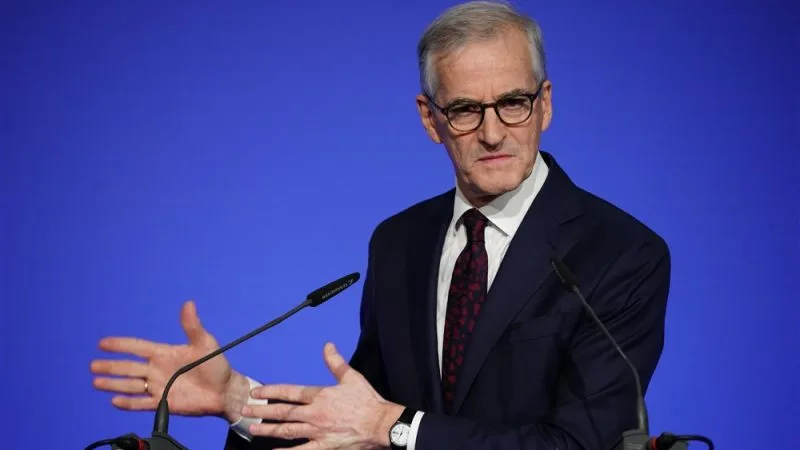Norwegian government to set 15-year age limit for using social media
Norwegian government to set 15-year age limit for using social media
www.euractiv.com
Norwegian government to set 15-year age limit for using social media

Norwegian government to set 15-year age limit for using social media
Norwegian government to set 15-year age limit for using social media
